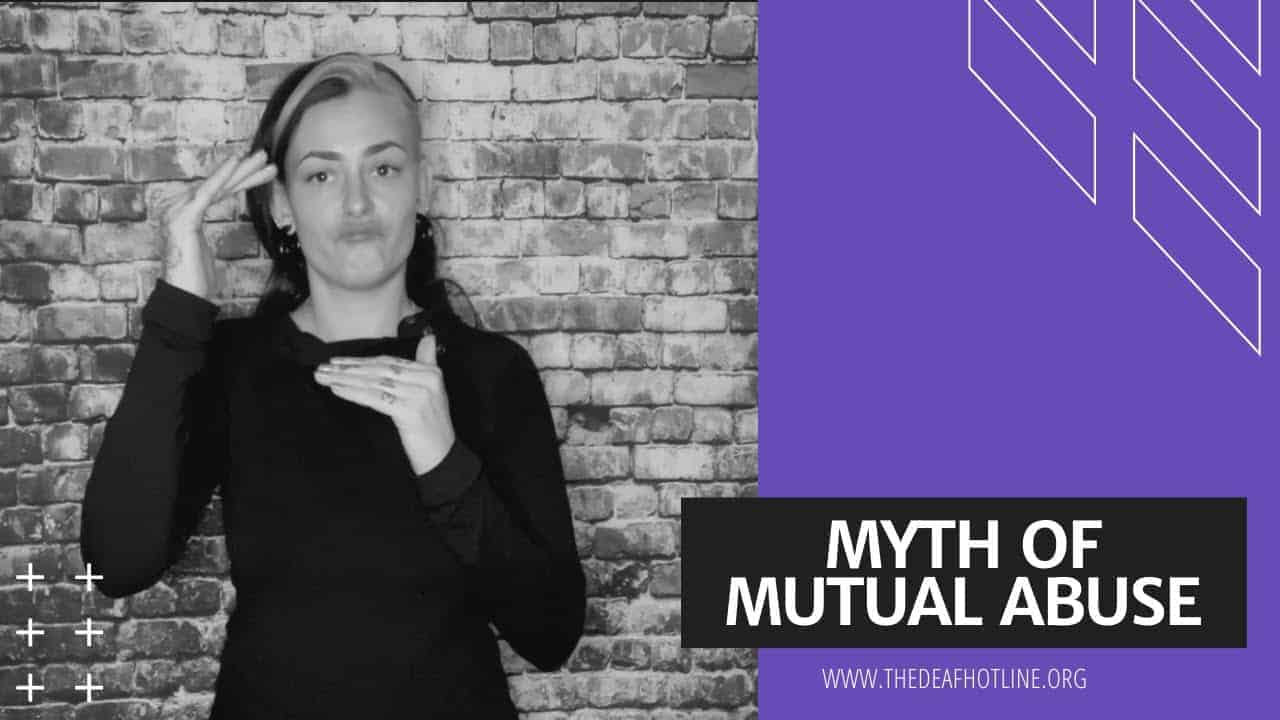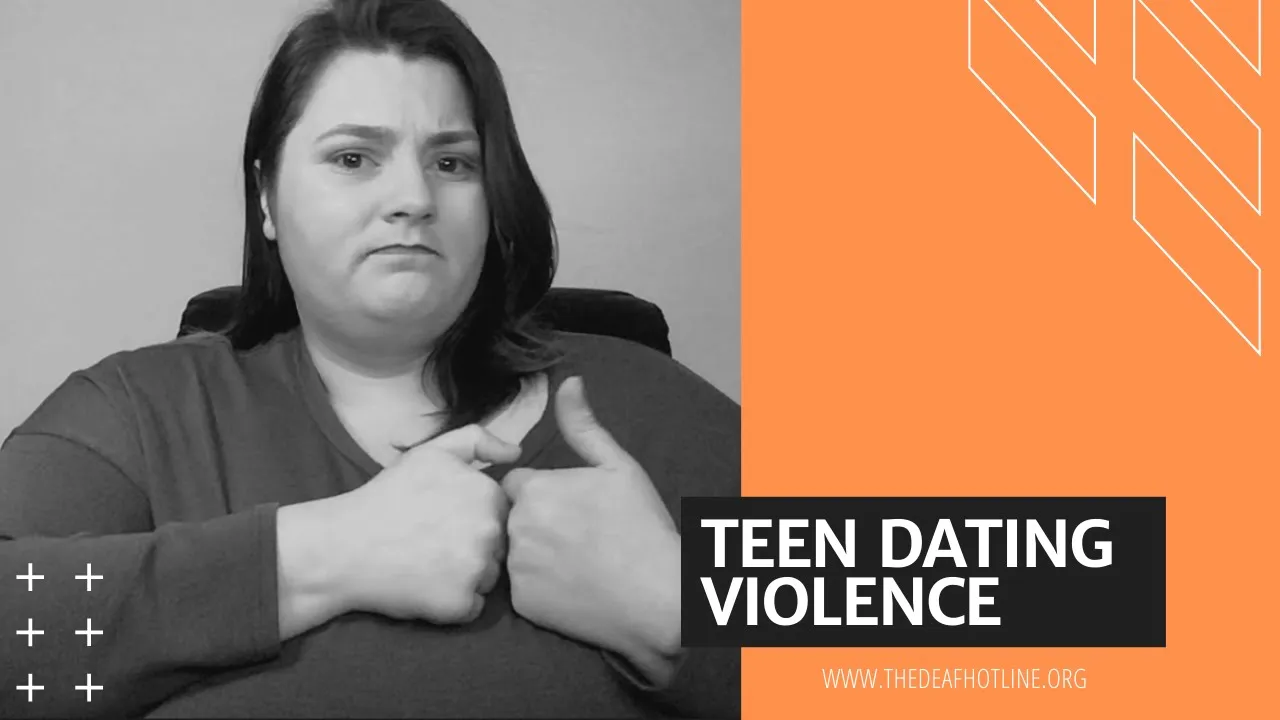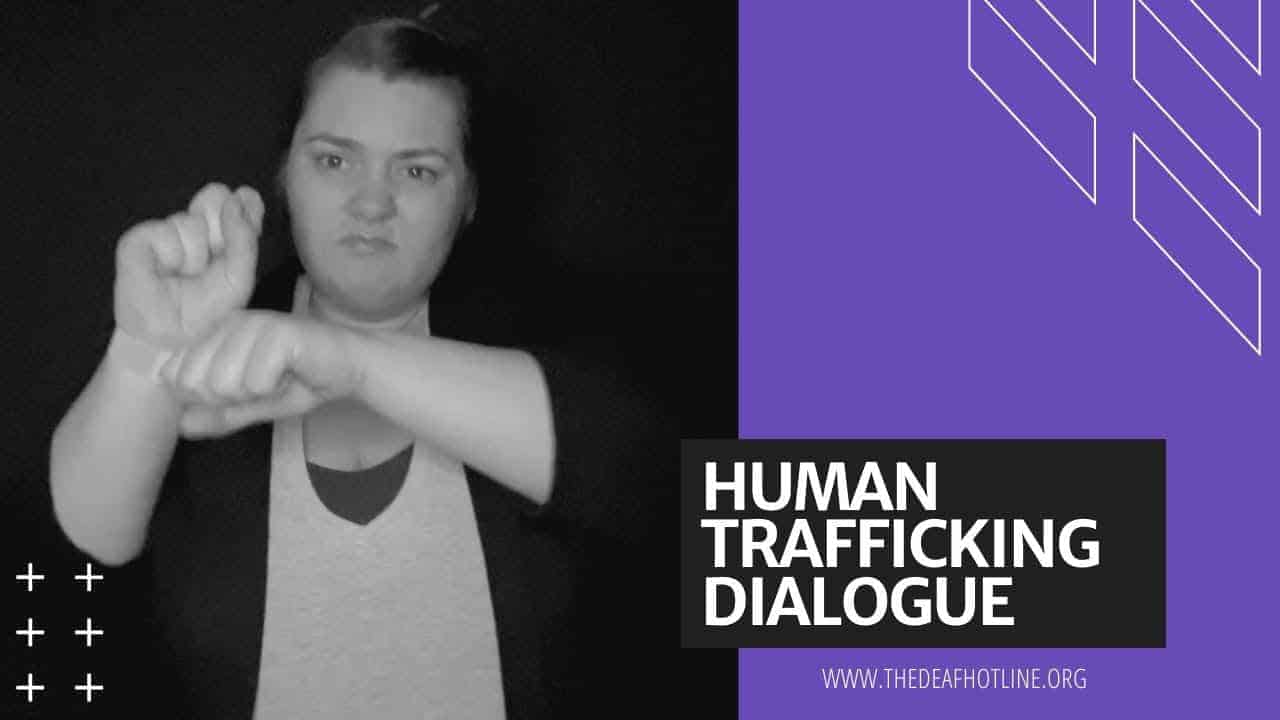Trust is an important part of a healthy relationship, but it’s something that many people struggle with, for a lot of different reasons. What does trust mean? Trusting someone means that you think they are reliable, you have confidence in them and you feel safe with them physically and emotionally. Trust is something that two people in a relationship can build together when they decide to trust each other. You can’t demand or prove trust; trusting someone is a choice that you make.
- How Do I Build Mutual Trust in a Relationship?
- Building trust within a healthy relationship is something that happens gradually. How do you know if you should trust someone? This can be a hard question to answer, especially at the beginning of a relationship. Your own instincts about a person and the way they behave over time are two important things to consider when making that decision. Of course, in a healthy relationship, it’s important for both partners to trust and be trusted, to open up and be vulnerable with each other. Trust can’t be built if only one partner is willing to do this and the other isn’t. Building trust requires mutual commitment. So, as your relationship progresses, ask yourself:
- Are we both there for each other?
- When there is trust, partners are there for each other not just physically, but emotionally as well. Does your partner listen to you and support you? Are they sensitive to your problems, worries and fears? Do they show compassion and genuinely care about you? A person who is trustworthy is able to demonstrate consideration and care of others. This also means that they trust you to know what’s best for yourself. A partner who tells you that they know best or that you don’t know how you really feel isn’t showing that they trust you. It’s also important to keep in mind that in a healthy relationship, you can trust that no matter what happens, your partner won’t react in a way that threatens your safety or harms you. Everyone deserves to be in a relationship with someone who can resolve conflicts in a healthy, respectful way.
- Are we both consistent with each other?
- Each person in a relationship demonstrates their trustworthiness through consistency in their actions. The first behaviors you look at might be relatively small, like showing up for dates at agreed-upon times. Keeping private information just between the two of you and respecting boundaries even when it doesn’t make one of you happy are other clues someone is dependable. Again, learning these things in a relationship happens gradually, as you both show that you are consistent with your actions not just occasionally, but all the time.
- Do we both say what we mean and do what we say?
- Another way a person shows they are trustworthy is when their words and behaviors match up. For example, if someone says they love you, and then they act abusively toward you, their words and actions don’t match. When you love someone, you do not abuse them.
- Dealing with Jealousy
- Jealousy typically arises when one partner feels insecure or lacks trust in the other partner. Feeling jealous occasionally is normal, but how a person deals with their jealous feelings is what determines whether relationship behaviors are healthy, unhealthy or abusive. Constantly checking in, asking where the other partner is at all times and/or trying to control who a partner spends time with are not healthy reactions to jealousy. These are signs that there is a lack of trust in a relationship. When there is trust, a person doesn’t feel a need to monitor or control their partner. They don’t need their partner to “prove” their love and faithfulness. If you trust someone, you trust them regardless of who they spend time with or where they go. Since there are so many different ways to go about confronting feelings of jealousy, we want to break down some of the common issues related to jealousy and/or lack of trust:
- Having friendships or communicating with other people outside the relationship
- In a healthy relationship, both partners should encourage each other to have friends of any gender outside of the relationship. It is important to set boundaries to make sure you’re both on the same page about what might constitute cheating, but you and your partner should feel supported and empowered to have fulfilling friendships with other people. If your partner is telling you that you aren’t allowed to talk to other people because they might be interested in you, then your partner isn’t trusting you. When one partner tries to tell the other who to talk to, what to wear or where to go, they are asserting power and control, which is unhealthy and can even become abusive.
- Going through a partner’s phone, email and social media to make sure they’re not cheating
- Even if you suspect your partner may be cheating, it’s never acceptable to look through your partner’s phone, email or social media without their permission. In a healthy relationship, if you are worried your partner might be cheating or behaving in a way that doesn’t honor your relationship, it’s important to communicate with them openly about your feelings. Remember, it’s more effective to approach this as a conversation, rather than an accusation.
- Rebuilding trust after cheating
- It’s natural to be hurt by cheating or dishonesty, but it’s not okay to use the past against your partner. Trust is something we decide to give, rather than being something that can be earned back. Not trusting your partner isn’t fair to them or to you. If you’re unsure whether or not you can trust your partner, think about what it would take for you to trust them again. If your answer has anything to do with checking up on them or trying to control their actions, then you aren’t really trusting them. Instead, try adjusting your own feelings of jealousy and behaviors, and you may be able to go on to have a healthy relationship. If you feel you cannot trust your partner again, then it might be time to consider whether or not the relationship is right for you.



